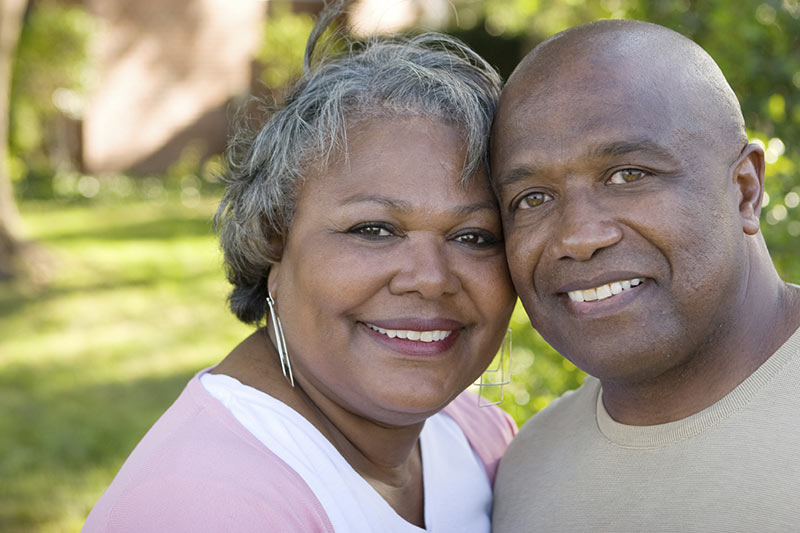Recognizing the Symptoms, Not Stages, of Grief
When we suffer a loss, grief and heartache are natural responses. We mourn for our loved ones and in doing so, we can experience a wide range of emotions. Grief is often experienced in stages and with it come good days and bad days. The important thing to remember is that grief can be unpredictable, and what we feel and when we feel it is unique to each person.
Symptoms of grief may include:
- Anger
- Anxiety
- Apathy
- Disbelief
- Emptiness
- Guilt
- Helplessness
- Relief
- Sadness
- Shock
Mental symptoms of grief
- Difficultly concentrating
- Reliving the loss in your head
- Having a hard time making decisions
- Low self-esteem
- Increased nightmares
- Self-destructive thoughts
Physical symptoms of grief
- Sleeping changes – too little or too much
- Weight and appetite changes
- Tiredness
- Feeling weak
- Muscle tension
- Pounding heart
- Headaches and stomach aches
Stages of grief may include:
Denial
Denial is a normal defense mechanism that softens the shock of the loss and can be healthy for you in small doses. It’s your mind’s way of taking you through the stages of grief slowly. Fully facing the reality that a loved one has died can be traumatic and extremely painful. Allow yourself time to remember and feel the loss, and to be distracted too. If feelings of denial become unshakable, you may need to seek assistance.
Anger
As denial begins to wear off, reality and pain emerge. And because we may not be emotionally ready, it often surfaces as anger. Anger may be aimed at objects, strangers, friends, family or even at our dying or deceased loved one even though we know the person is not to blame. However, we may still resent the person for causing this emotional pain which can make us angrier and lead to feelings of guilt.
Bargaining
The normal reaction of feeling helpless and wanting to gain control of the situation is part of the bargaining stage. This is when people may ask themselves the “if” questions; “What if…” or “If we had only…” Bargaining sets us up to unrealistic questions that can cause more pain and lead into depression.
Depression
Mourning can lead to feelings of depression. Dealing with the practical issues that come with a loss—from the cost of the burial and making sure everyone else is coping as well as possible to preparing to bid farewell to our loved one. Sometimes we may just need a hug, while other times a bit of solitude can help. Both can be helpful as long as there is a healthy balance.
Acceptance
In order for the natural healing process to begin, it is important for you to allow yourself time to grieve. Not only will it help you find peace, it will help you to eventually reach the point of accepting your loved one’s death.
How to find support
If your grief has reached a point where you feel you aren’t able to cope with your emotions or symptoms, this is when you should seek help from a professional. Grief counseling gives you an outlet to express what you are feeling.
Remember, there is no finish line and this is not a race. Grief has its own timeline, completely unique to you. The pain and grief you feel may never fully go away; but remember you grieve because you love and while love changes, it does not end.


